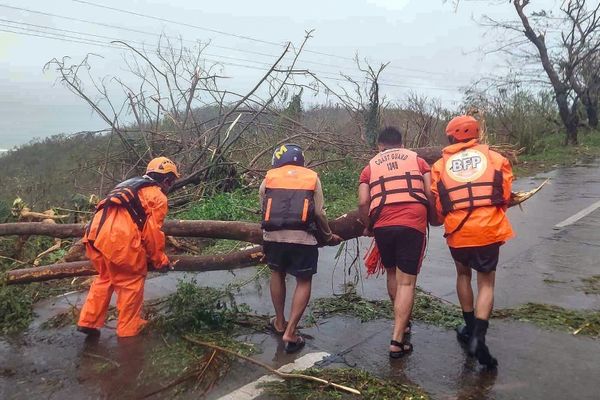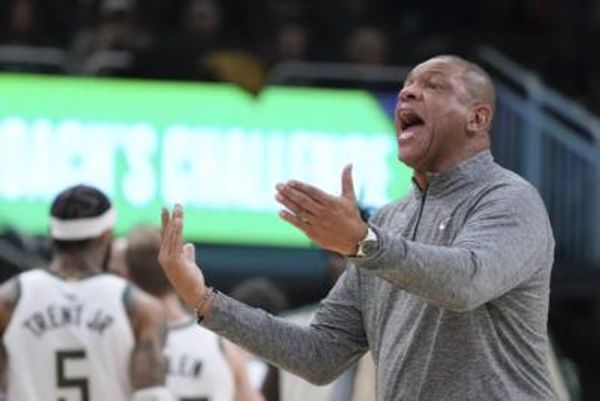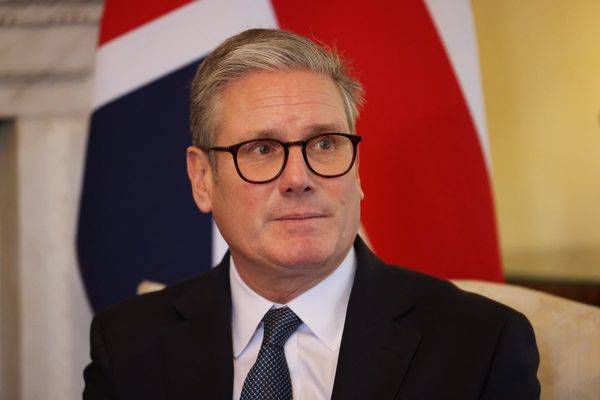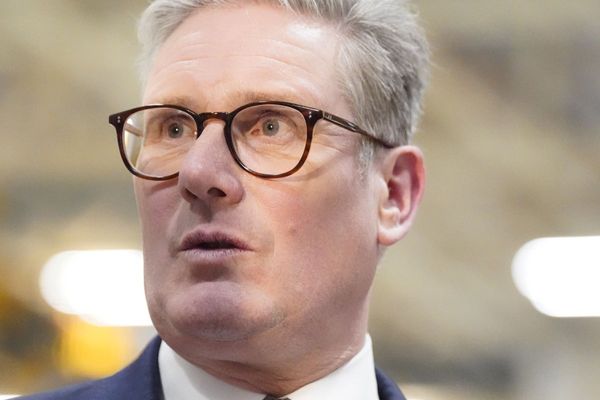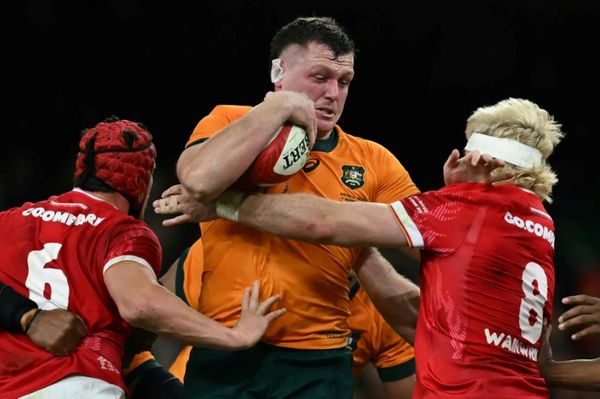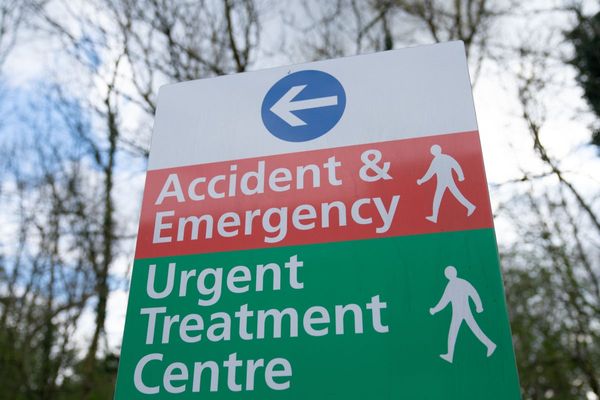
Health literacy isn’t the same thing as reading literacy; 90 million Americans are considered to have low health literacy, Dr. Michelle Gourdine, chief medical officer at CVS Caremark, said at Fortune’s Brainstorm Health conference in Dana Point, Calif., on Monday. That means “they’re unable to gather and understand information and apply it to improve their health because the system is complicated,” Gourdine explained during a panel on rebuilding trust within health care moderated by Fortune Well editor Jennifer Fields.
To be sure, the American medical system is famously complicated—only 12% of adults in the country are considered to have high health literacy, added Dr. Gourdine, who also serves as senior vice president at CVS Health.
The trust crisis in health has been a long time coming. The coronavirus crisis, the ongoing political polarization of America and the lack of affordability have all contributed to the erosion of trust in the medical profession, said Nikhil Bumb, managing director at FSG, who appeared alongside Dr. Gourdine.
“We’re also seeing that trust is at an all-time low with institutions," Bumb said.
Of course, there’s a lot at play. Apart from health literacy, there’s an enormous issue of access. Dr. Gourdine mentioned she lives in a community where there are five supermarkets within a three-mile radius, plenty of public transportation, and doctors’ offices—and she has insurance. But that’s not the case for the 25 million uninsured Americans or the 50 million who are below the poverty line. One study found that more than 50 cities across the country have neighborhoods that are five miles apart but have a 20-year discrepancy in life expectancy, Dr. Gourdine later said. “There are certain resources that are required to be healthy and those resources are not evenly distributed,” she added.
Not to mention that 80% of what drives health is not medical, she said: environment, economy, education, and employment, to name a few, all affect a person’s health—which is why public health is so critical.
But with public health—just as with private health care—trust is a concern. Fewer people trust the system, and a lot of them choose to use social media for their health questions rather than humans. Plus, the very nature of health care demands a great deal from the patient. “If you think about something as simple as a woman getting a mammogram…you’re going to have to partially undress, you’re going to have to trust that the person is an expert when they provide the results, and that at the end of it you’re not going to get a surprise bill that you weren’t expecting,” Dr. Shantanu Nundy, executive vice president at Care Delivery and chief health officer at Accolade, said.
It requires trust in the physician and the system, he said, and those who have that trust tend to adhere to medical requirements, like routine mammograms. And with new technology, there’s “mistrust around what automation can do for health care,” Bumb said. And that may prove to be another, long-lasting challenge for an industry looking to rebuild trust—although the experts seem certain they can do so.
